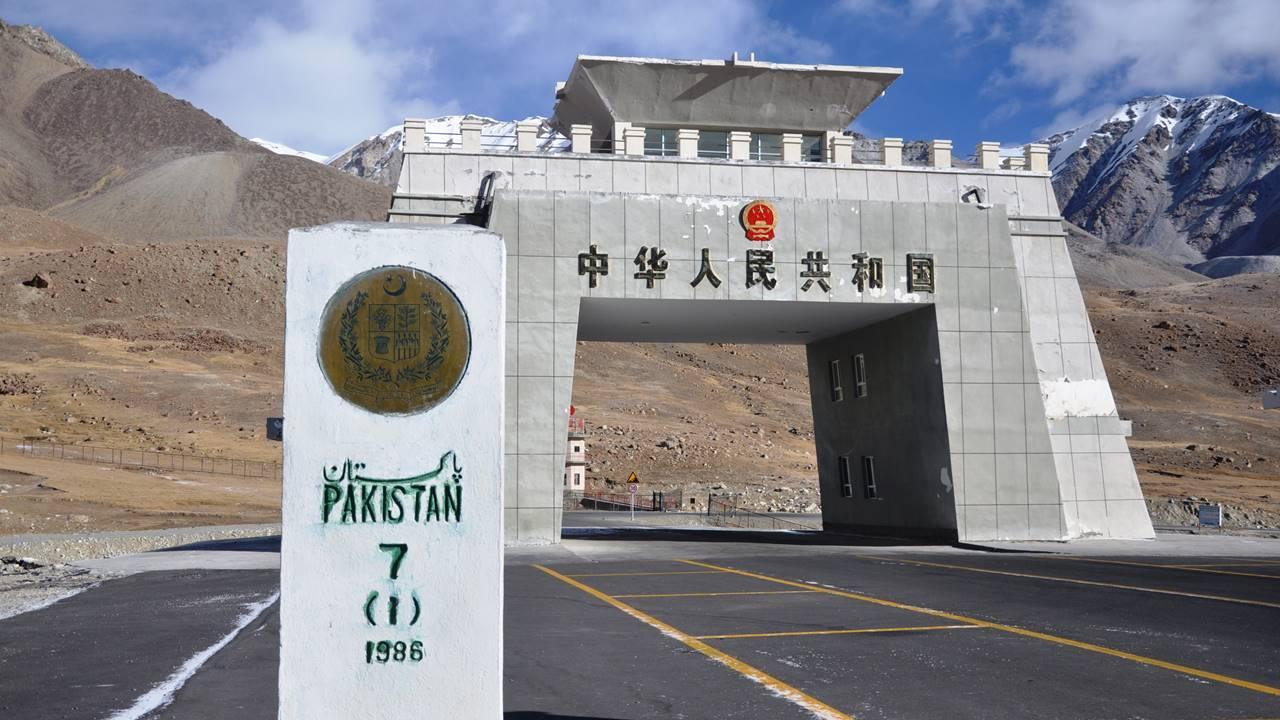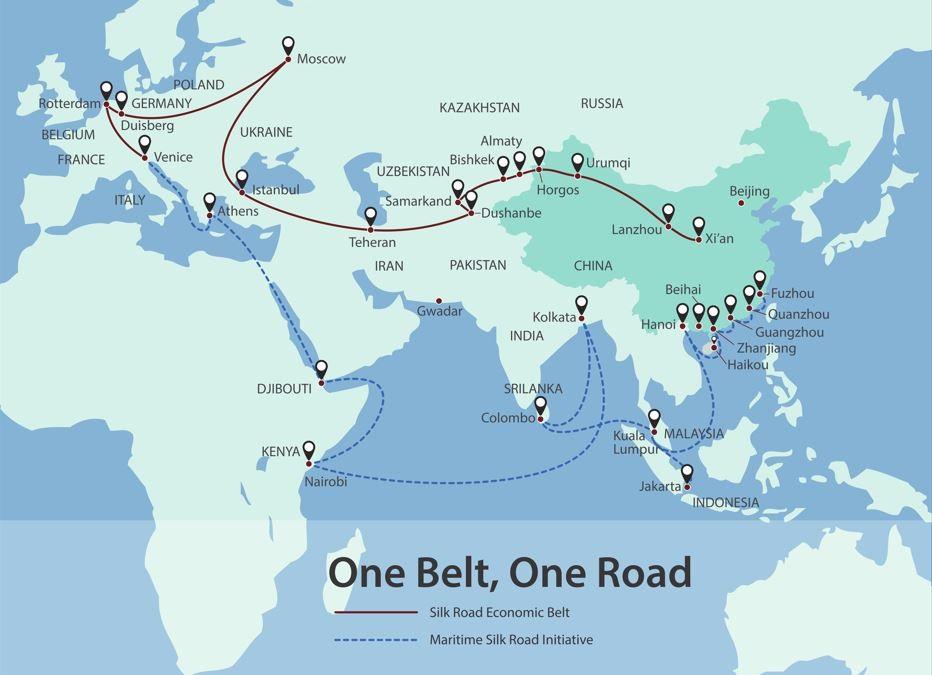According to media reports, since the rise of China, its broader and integrative geo-economic agenda is to enhance its reach into distant markets and trade enterprises. The ultimate objective is to provide a non-US alternative for the world's countries.

The Chinese govt's Belt and Road Initiative (BRI) includes includes 1/3 of world trade and GDP and over 60% of the world's population. Pic/iStock
China embarked on BRI projects with Pakistan a few years ago but Pakistan realised neither its citizens nor its infrastructure was profiting from it and it was only providing China with a land and rail facility to move its goods to Europe through Pakistan, wrote Nectar Gan for The Singapore Post.
ADVERTISEMENT
According to Gan, China refuses to explain what went wrong with the Pakistan BRI experiment.
China in 2022, operated 16,000 China-Europe freight trains, rising nine per cent year-on-year. The trains carried 1.6 million standard containers worth of goods.
A total of 756,000 containers were handled by trains that ran through the New Land-Sea Corridor in Western China, up by 18.5 per cent year-on-year. The China-Laos Railway carried nine million passengers in 2022,
Terming these projects as milestones of progress, China shifted the focus of its foreign policy from one of internal development to that of external influence. And so, a fresh BRI push has begun, writes Gan for The Singapore Post.
Also read: World Bank warning: Global economy is at risk of recession
According to media reports, since the rise of China, its broader and integrative geo-economic agenda is to enhance its reach into distant markets and trade enterprises. The ultimate objective is to provide a non-US alternative for the world's countries.

The Hong Kong Post recently reported that though some Nigerian politicians have hailed China for the Belt and Road Initiative, the BRI has led to the problem of debt sustainability and local Nigerians have been excluded from decision-making and project implementation, Hong Kong Post reported.
"The managing director of the Nigerian engineering and construction company Dutum Company Limited, Temitope Runsewe, observed that "These Chinese companies show up with cheap funds from China... They will tell their government, "Just show us the projects, and we'll organise and begin building." Most of our government officials simply give in to this extreme allure instead of strengthening local capacity, Hong Kong Post reported.
This story has been sourced from a third party syndicated feed, agencies. Mid-day accepts no responsibility or liability for its dependability, trustworthiness, reliability and data of the text. Mid-day management/mid-day.com reserves the sole right to alter, delete or remove (without notice) the content in its absolute discretion for any reason whatsoever.
 Subscribe today by clicking the link and stay updated with the latest news!" Click here!
Subscribe today by clicking the link and stay updated with the latest news!" Click here!








